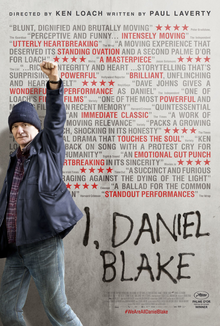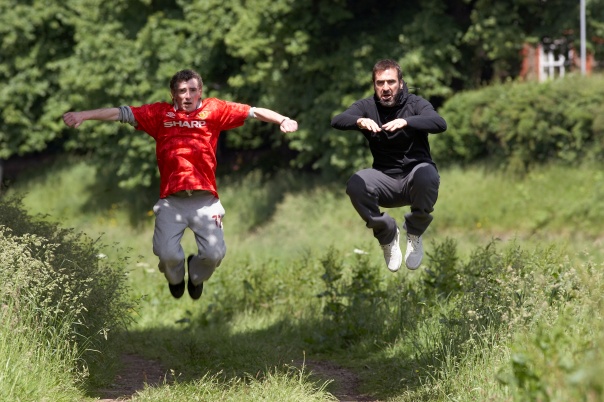 I found the sunflower seeds in a little art stall in
Bristol’s indoor market. They are hand-painted porcelain seeds from the Ai
Weiwei installation at the Tate Modern, @ £1. Imagine! you can
own a piece of famous modern art for £1. OK there are millions of them in
existence – but does that matter? Art is not about money, is it?
I found the sunflower seeds in a little art stall in
Bristol’s indoor market. They are hand-painted porcelain seeds from the Ai
Weiwei installation at the Tate Modern, @ £1. Imagine! you can
own a piece of famous modern art for £1. OK there are millions of them in
existence – but does that matter? Art is not about money, is it? An Anthropological Lecturer
An AL's views
I am an Associate Lecturer with the Open University, originally trained as a Social Anthropologist. On this blog, I use material from the modules I teach to write about issues which come up in the world around me.
Tuesday, 8 August 2017
To see the (art) world in a sunflower seed
 I found the sunflower seeds in a little art stall in
Bristol’s indoor market. They are hand-painted porcelain seeds from the Ai
Weiwei installation at the Tate Modern, @ £1. Imagine! you can
own a piece of famous modern art for £1. OK there are millions of them in
existence – but does that matter? Art is not about money, is it?
I found the sunflower seeds in a little art stall in
Bristol’s indoor market. They are hand-painted porcelain seeds from the Ai
Weiwei installation at the Tate Modern, @ £1. Imagine! you can
own a piece of famous modern art for £1. OK there are millions of them in
existence – but does that matter? Art is not about money, is it? Thursday, 10 November 2016
I, Daniel Blake
 |
| Official Release Poster |
"J'accuse!"
I, Daniel Blake fits in a tradition of appeals made in the first person, which call on a humanist respect for the dignity of all. It's fifty years since Ken Loach directed the acclaimed Cathy Come Home, and we still have homelessness. I would like to think we won't have the faceless social security system which has grown up under the smooth paved surface of corporate Britain, but I won't bet on it.
I don't often get the time to go out to the cinema, but I was determined to see this film. There were gasps of shock during the film in the screening I went to. People at other screenings have also said it got a standing ovation at its finish. There were sounds of weeping around me and my friends said they had not realised things were so bad. I was quite surprised that I didn't cry, but then I knew it was that bad. In his much admired Still Living on the Edge, Dave Adamson writes about pockets of poverty, which those with income and social mobility literally drive past - unaware of the conditions in which other people live. The politically soft left audiences of I, Daniel Blake care deeply but are unaware how bad conditions have become for the unemployed.
Corruption and the Ritual Realm of Football
 |
| From the Unpaid Film Critic blog. (Somewhat negative review by an American - this film is actually brilliant.) |
(First published in June 2011.)
As corruption and in-fighting are exposed at the heart of the Fédération Internationale de Football Association (FIFA), I have been remembering a comment Ken Loach made in an interview about his film Looking for Eric. He was being asked about the Football Club United of Manchester,
set up by outraged fans after the Glazer family bought Manchester
United FC for purely financial purposes. (Ken Loach is a member of FCUM,
and one scene in Looking for Eric revolves around teasing of a FCUM fan.)
Wednesday, 9 November 2016
The Noble Art of Referencing
| From The English Companions, an Anglo-Saxon history society website |
(Originally written for my DD101 students, bless them. NB - DD102 students, some of the ideas here are the same but they come from a different set of text books.)
Referencing is like writing in Runes to many students - an incomprehensible and arcane knowledge which they had previously thought was only practiced by characters in Lord of the Rings. For many of my colleagues, referencing has always seemed obvious so they are a bit bemused by how confusing the students find it. However I too used to wonder when to use 'cited' and when to say 'quoted'; I too felt like someone stumbling through Mordor towards the Black Gate (Tolkein 1966), wondering why on Middle Earth you would have to give the place of publication in the final list.
I usually start explaining referencing by considering why we bother. When you can see the purpose of it, it's much easier to get your head around why it's done in the way it is done.
Subscribe to:
Comments (Atom)